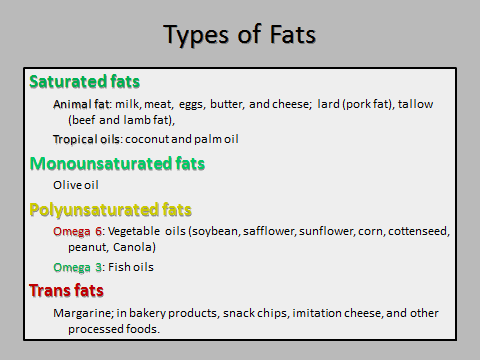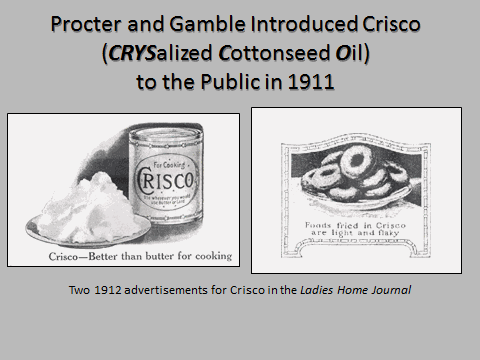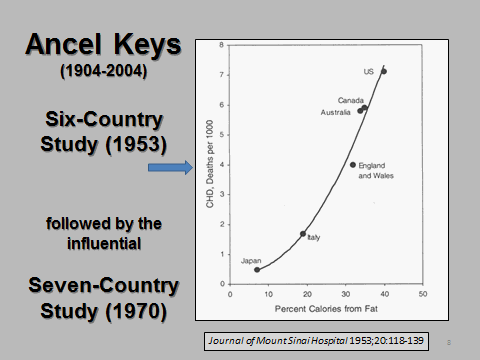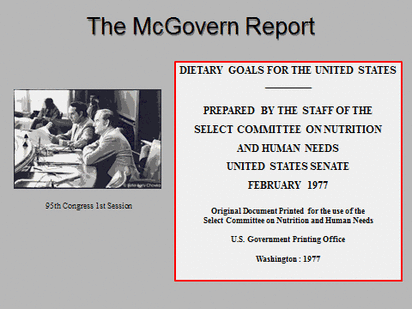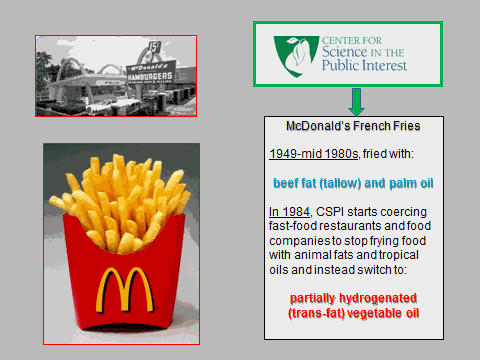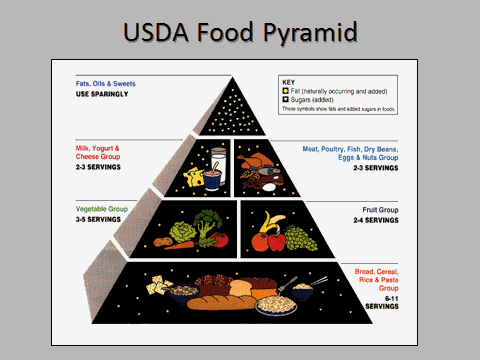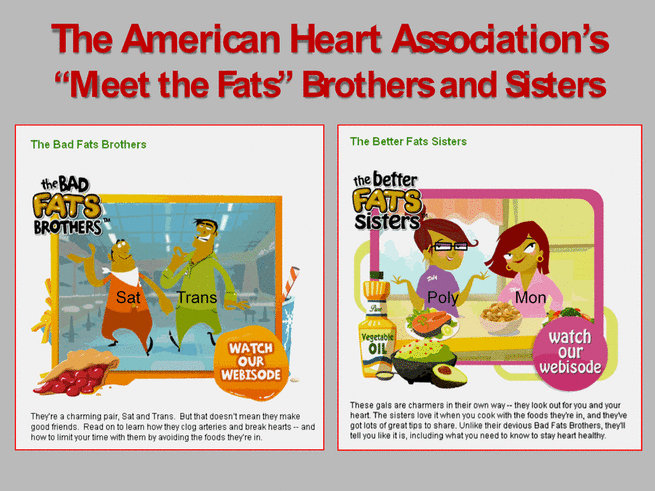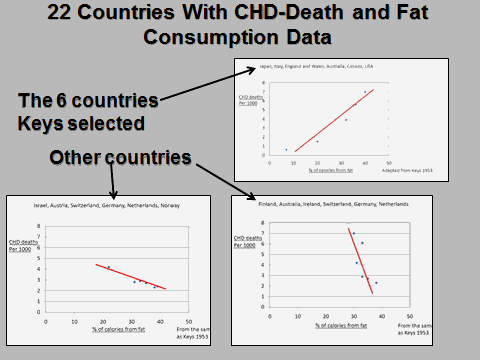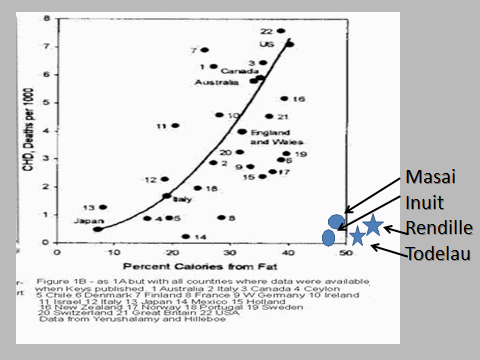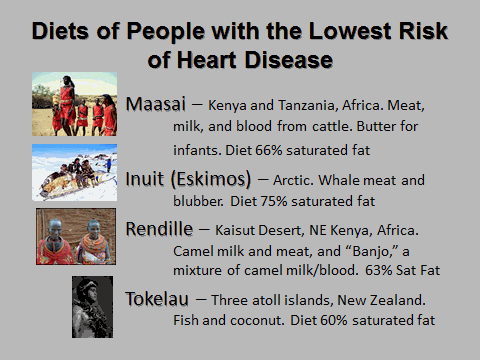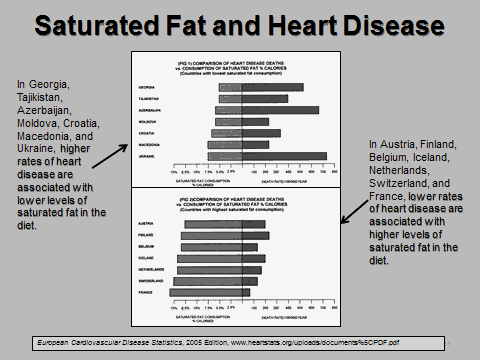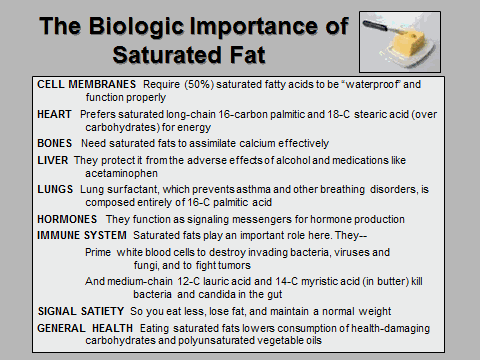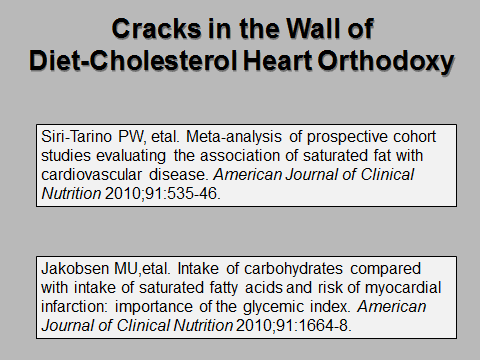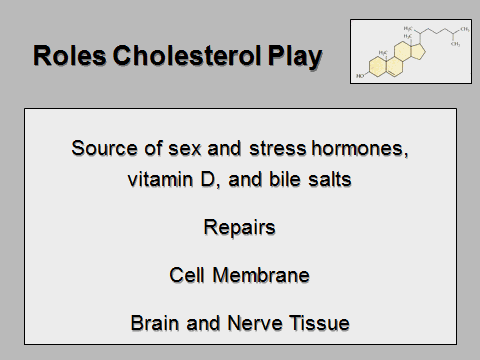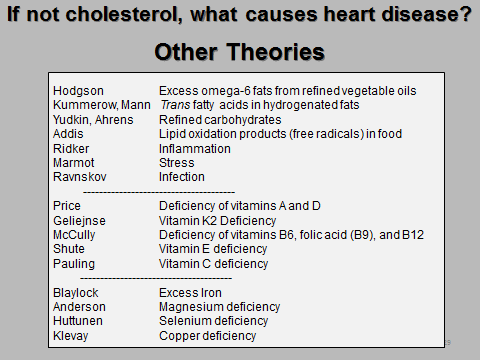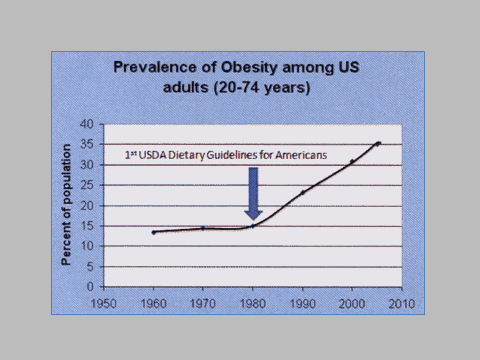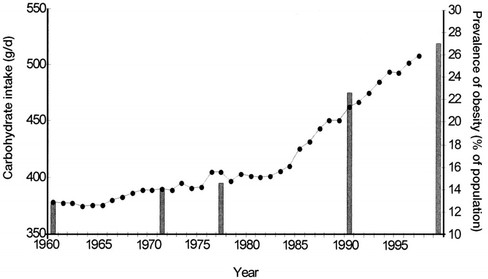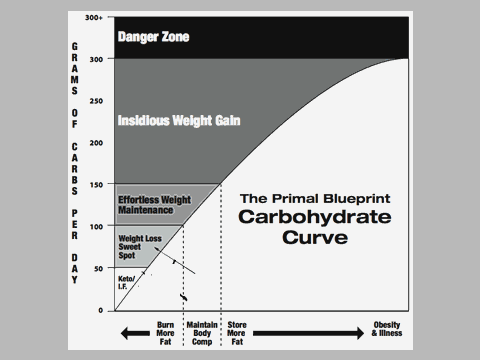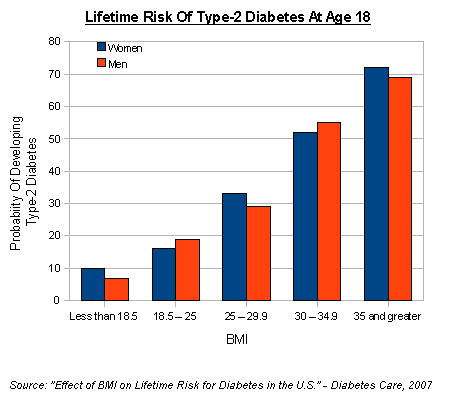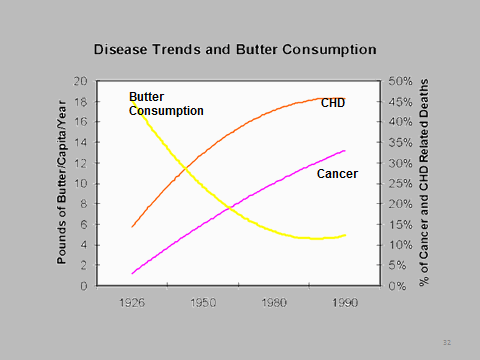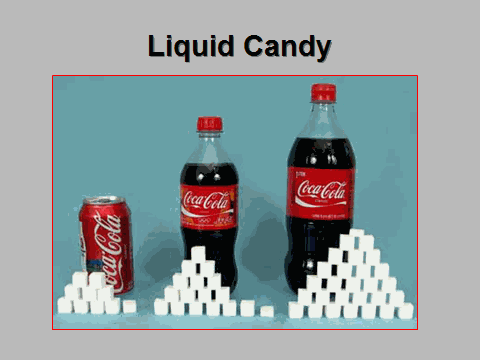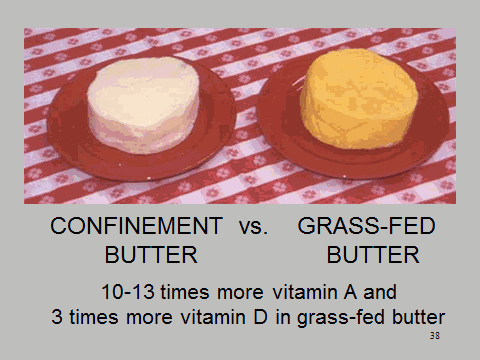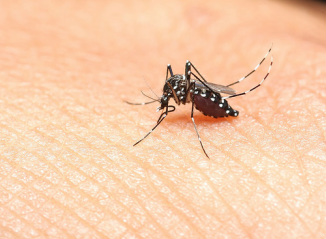
So what is all the buzz about West Nile Virus? It's certainly not new because it was reported in 1937 in the West Nile district of Uganda, thus the name. It appeared in North America in 1999 so it's fairly new for this area. The virus is carried by birds and transmitted by mosquitoes.
Don't get me wrong. I'm not making light of this disease which can sometimes be fatal with symptoms of headache, high fever, rash, neck stiffness, swollen lymph glands, stupor, disorientation, coma, tremors, convulsions, muscle weakness, paralysis, permanent neurological damage, and even death. My heart goes out to those who have been afflicted by this.
So sound the alarm, bring on the pesticides to be sure, right?!?!?
Here's an quote from yahoo News dated this month, (Aug. 2012).
http://news.yahoo.com/west-nile-outbreak-concerns-rise-pesticide-spraying-safe-195003906.html
"The use of aerial pesticide spraying to combat mosquitoes and curb outbreaks of West Nile virus has sparked concern regarding the health effects of the chemicals used, but experts say, in these cases, the benefits of spraying far outweigh the risks."
The article goes on to defend pesticide spraying indicating that the amount used is very small, smaller than what is used on agricultural crops. Well that's not comforting news when you think of eating your store bought produce and I wonder how small the West Nile Virus is - I would say that it is small too but small does not mean safe when you think about it this way. I wouldn't want a tiny speck of any kind of bad virus or toxin if I could help it.
Other reasons given in the article for the safety of mosquito pesticide are:
1. The droplets are small. Larger insects are typically not affected because the droplets bounce right off them.
2. Modern pesticides have a very short life and are degraded by sunlight.
3. It will kill the things you want it to, and disappear very quickly thereafter.
4. When public health is threatened, authorities must balance the risks of an action - in this case, exposure to pesticides - with the benefits - reducing the spread of West Nile.
And then the article finishes up with "To avoid direct exposure to pesticides, the New York City Department of Health recommends people stay indoors during the spraying when possible, and remove children's toys and belongings from outside. While the chemicals used in these sprayings aren't known to be harmful to people, it's so easily avoided, it makes sense to try to avoid that possibility if you can."
"Exposure to a large amount of any substance, including pesticides, can be harmful. People exposed to large amounts of pesticides, can experience acute neurological problems."
Wait. Isn't "neurological problems also a side effect of WNV?"
Maybe we are trading one evil for another. What do you think?
I wonder how many people die from pesticides or maybe how many get cancer and other debilitating diseases due to the toxins in pesticides.
Now back to my original questions at the opening of this post. What are the symptoms that most people experience with West Nile Virus? Nothing! Should you be concerned about catching West Nile Virus? Maybe, it mostly depends on who you are. 80% of people infected with WNV never develop any symptoms. Of those who develop a fever, fewer than 1% develop West Nile neuroinvasive disease which causes inflammation of the brain, spinal cord or the tissue surrounding the brain. About 10% of those will die, said Marc Fischer, medical epidemiologist with CDC's mosquito-borne illness division in Ft. Collins, Colo."
http://content.usatoday.com/communities/ondeadline/post/2012/08/cdc-says-deaths-from-west-nile-virus-jumps-to-41/1#.UDaY2KllR48
So then it breaks down like this. 20% will have symptoms and of this 20%, less than 1% develop neurological problems. Then10% of this "less than 1%" will die.
And this article says that people older than 50 and those with compromised immune systems are more likely to develop WNV symptoms.
And from Mayo Clinic: "Those who have a weakened immune system, such as from receiving an organ transplant, are at greater risk of infection." http://www.mayoclinic.com/health/west-nile-virus/DS00438/DSECTION=risk-factors
I think we need to pay attention to our immune system and how we can build it up in hopes of avoiding such illnesses. Dr. Natasha Campbell McBride says in her book "Gut and Psychology Syndrome" that it is estimated that between 80-85% of our immunity is located in the gut wall" and most people are walking around with damaged systems due to antibiotics, medications, vaccines, poor diets consisting of processed foods, sugary foods, stress and exposure from all kinds of toxins. If you have a damaged immune system, it's not too late to build it back up. Here is what I do: I eat plenty of fermented foods (these contain good bacteria to help support healthy gut flora). I take Green Pasture's Fermented Cod Liver/Butter Oil and I also take 6,000 IUs of Vitamin D3 daily along with Vitamin C. Everyone needs to study up on what is best for them to take but supplements do not negate the need for an improved diet that is rich in the foods that God intended for us to eat (I don't think that polysorbate 80 and other chemicals were intended to be food). My way may not be your way but it is safe to say that we should all avoid as much processed food as possible. If you want to learn more, I suggest reading these good books.
Here are some practical helps for avoiding mosquitoes.
1. Get rid of standing water, check your gutters, pool for stagnation, old tires, anything that may hold water.
2. Avoid being outside at dusk or dawn when mosquitoes are more prevalent.
3. Avoid wearing dark clothing.
4. Things that attract mosquitoes: humidity such as perspiration, moist plants, your breath, floral scents in perfume, hairspray, sunscreen.
I would avoid using DEET (toxin) on my skin.

TerraShield® is an all-natural formula of lemon eucalyptus, citronella, lemongrass, and a proprietary blend of 12 other essential oils blended in a base of fractionated coconut oil. TerraShield's fresh, light citrus smell is wonderfully invigorating and can be used safely by everyone in the family. One application provides coverage that lasts up to 6 hours.
